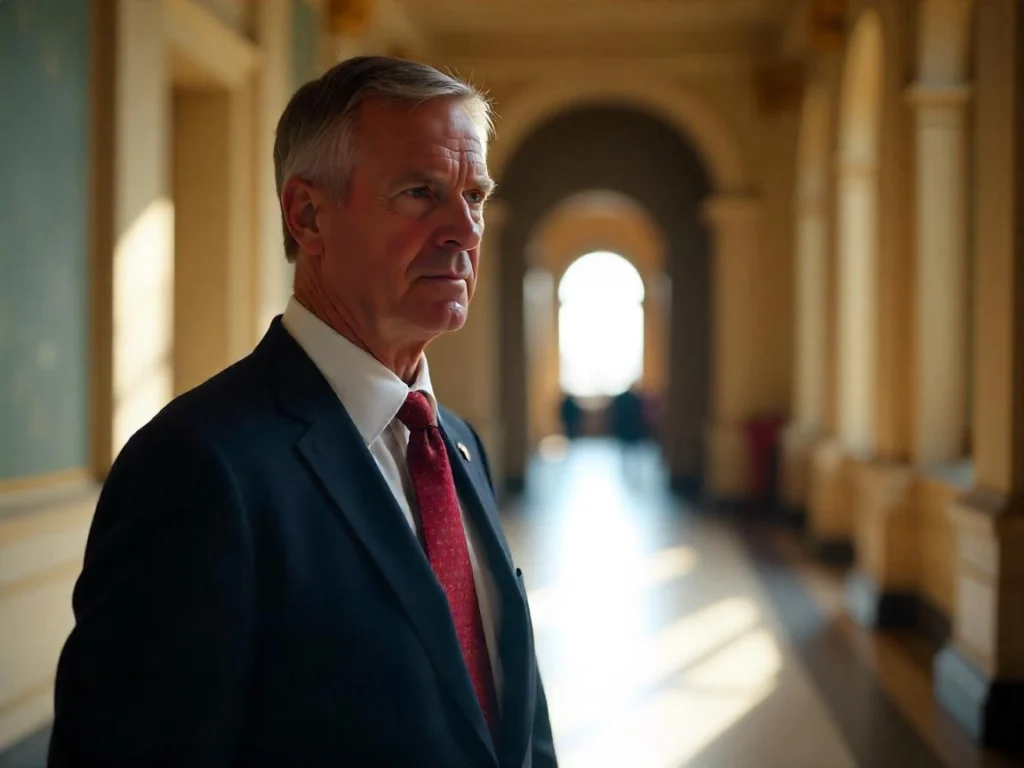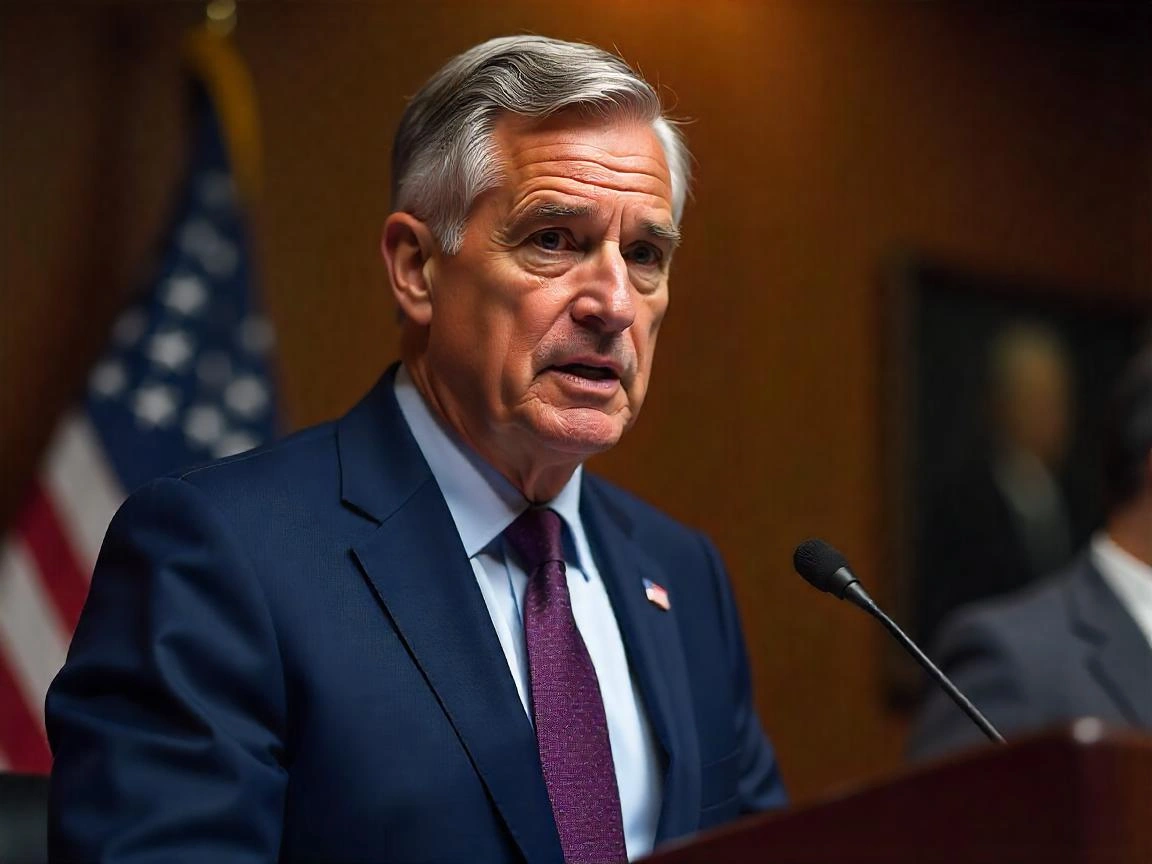The US Senate recently approved a bill to cut $9 billion (£6.7 billion) from money that Congress had already agreed to spend. These cuts include funding for public broadcasting and foreign aid. It’s part of a bigger effort to reduce government spending.
The vote was very close—51 to 48—and happened early Thursday morning after a long night of back-and-forth debates. During that time, Republican senators discussed and made changes to the bill.
This bill is called a rescissions package, which means it lets Congress take back some of the money it had previously promised to spend. It’s also connected to President Donald Trump’s goal to lower federal spending overall.
Next, the bill goes back to the House of Representatives. The House had already passed a similar version with $9.4 billion in cuts. Now, both the House and Senate will need to agree on the final version before it can become law.

Senate Majority Leader John Thune called this bill a small but important step toward fixing the budget. He said it’s something we’ve needed for a long time and should all agree on. Before the vote, senators disagreed about a plan in the House bill that would cut about $400 million from PEPFAR, the US program that fights HIV/AIDS around the world.
Luckily, Republicans agreed to an amendment that kept the money for PEPFAR. This means the program can keep helping people stay healthy. However, many other ideas to protect international aid and public broadcasting didn’t pass.
The Senate’s version of the bill still cuts about $8 billion from several aid programs. This includes health programs run by USAID, the US’s main agency for global help.
The bill also cuts more than $1 billion from the Corporation for Public Broadcasting. This group supports NPR, PBS, and many radio stations that people, especially in rural areas, depend on.
Senator Lisa Murkowski from Alaska voted against the bill. She was one of only two Republicans who joined all Democrats in saying no, partly because of the cuts to public broadcasting.
So, while this bill takes a step toward better money management, it also means tough cuts that will affect important health and media programs. In the end, this shows how hard it is to balance the budget while still supporting programs many people rely on every day.
After the Senate passed a new spending bill, NPR President Katherine Maher spoke out about the need to protect public media. She said keeping this funding in place is essential, not just for NPR, but for communities that count on it.
Just a few days ago, people in Alaska were told to tune into a local radio station with NPR programming. They needed to hear tsunami warnings after an earthquake hit nearby. Maher pointed to that moment as a clear example of why public radio still saves lives.
That’s why she’s urging the House of Representatives to keep public media funding. Cutting it, she said, would hurt local communities and leave people without trusted news during emergencies. “It could very well put lives at risk,” she warned.
Now, the bill moves to the House for a vote. But things are uncertain. Lawmakers have already removed $400 million from earlier proposed cuts, and it’s unclear what will happen next.
When reporters asked about the changes, House Speaker Mike Johnson didn’t seem pleased. “We wanted them to pass it unaltered like we did,” he said.
For this bill to pass, both the House and Senate have to agree on the same version. And time is running out—they have until Friday. If they miss the deadline, Republicans won’t get another shot at pushing these cuts.
At the heart of this debate is a simple question: Should people lose access to life-saving information just to save money? For many, especially in rural and underserved areas, public media isn’t a luxury—it’s a lifeline.











